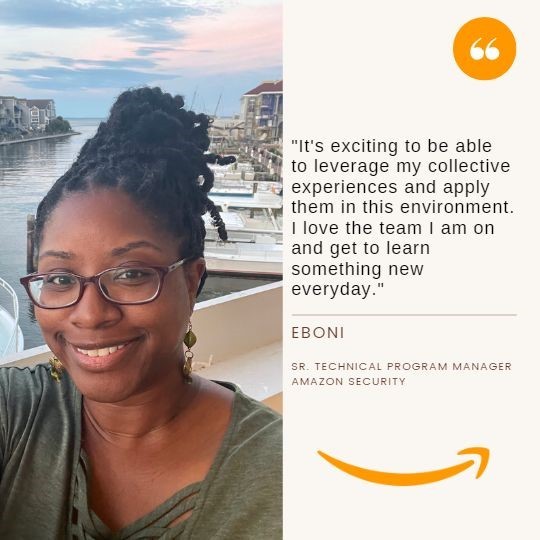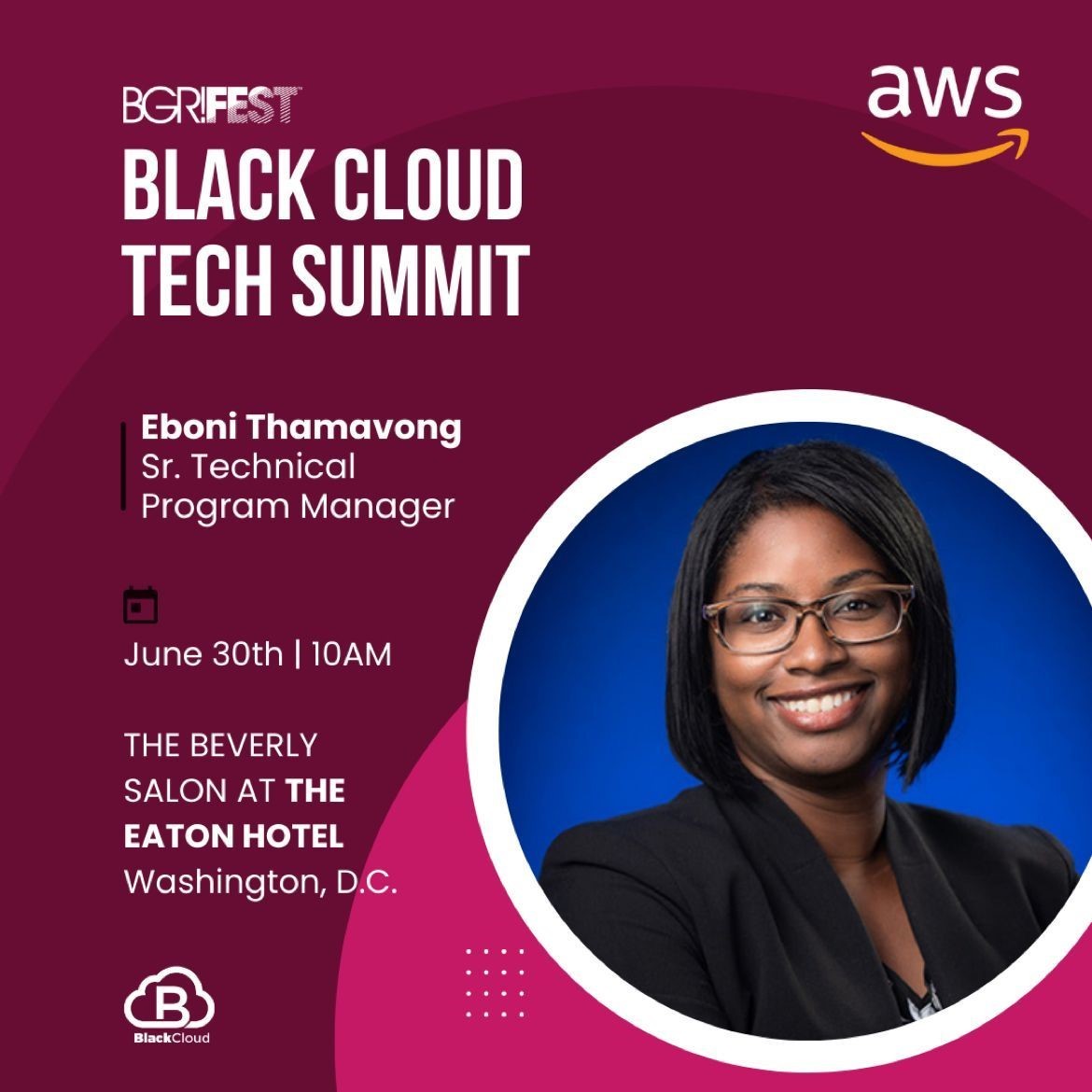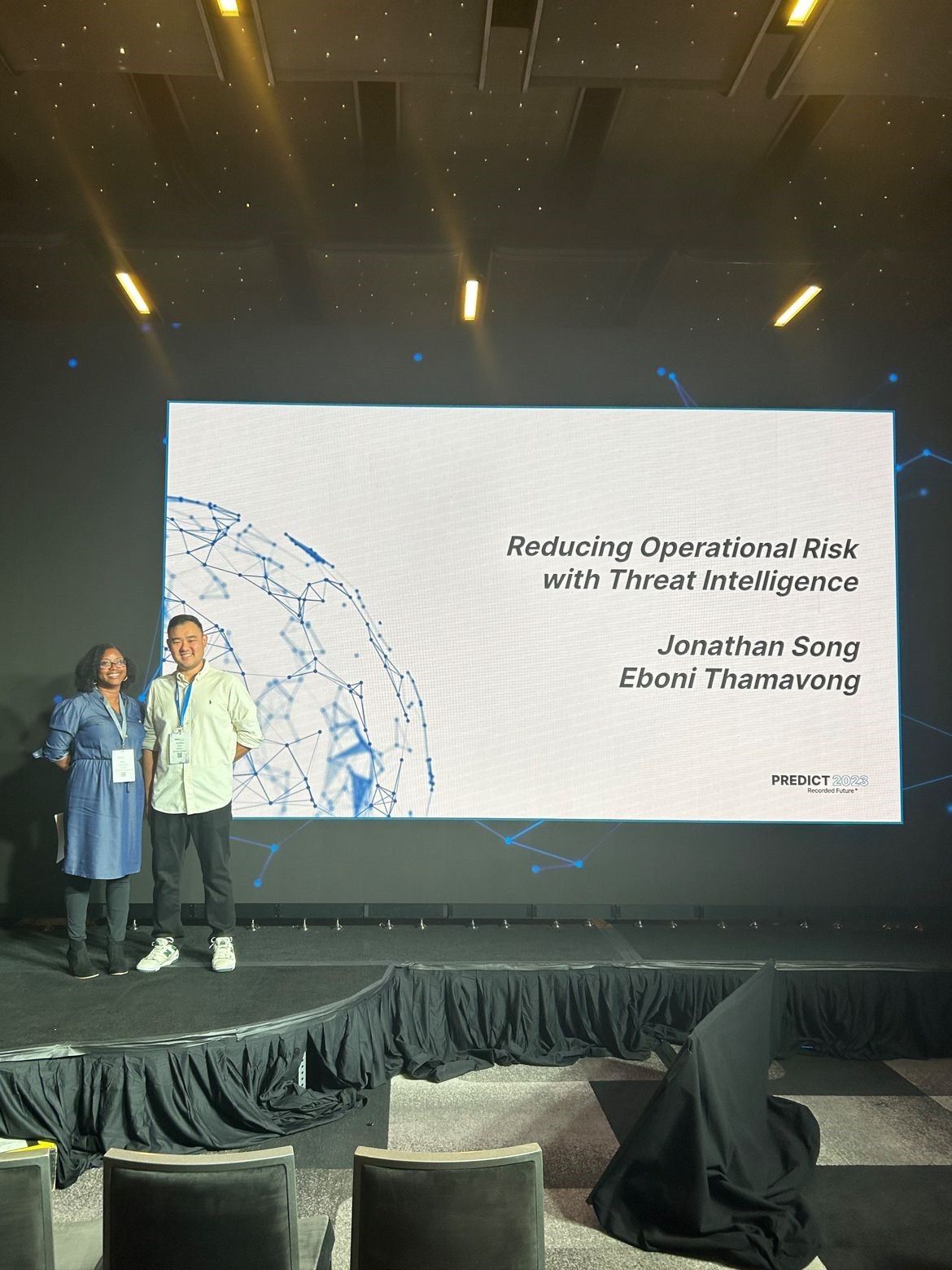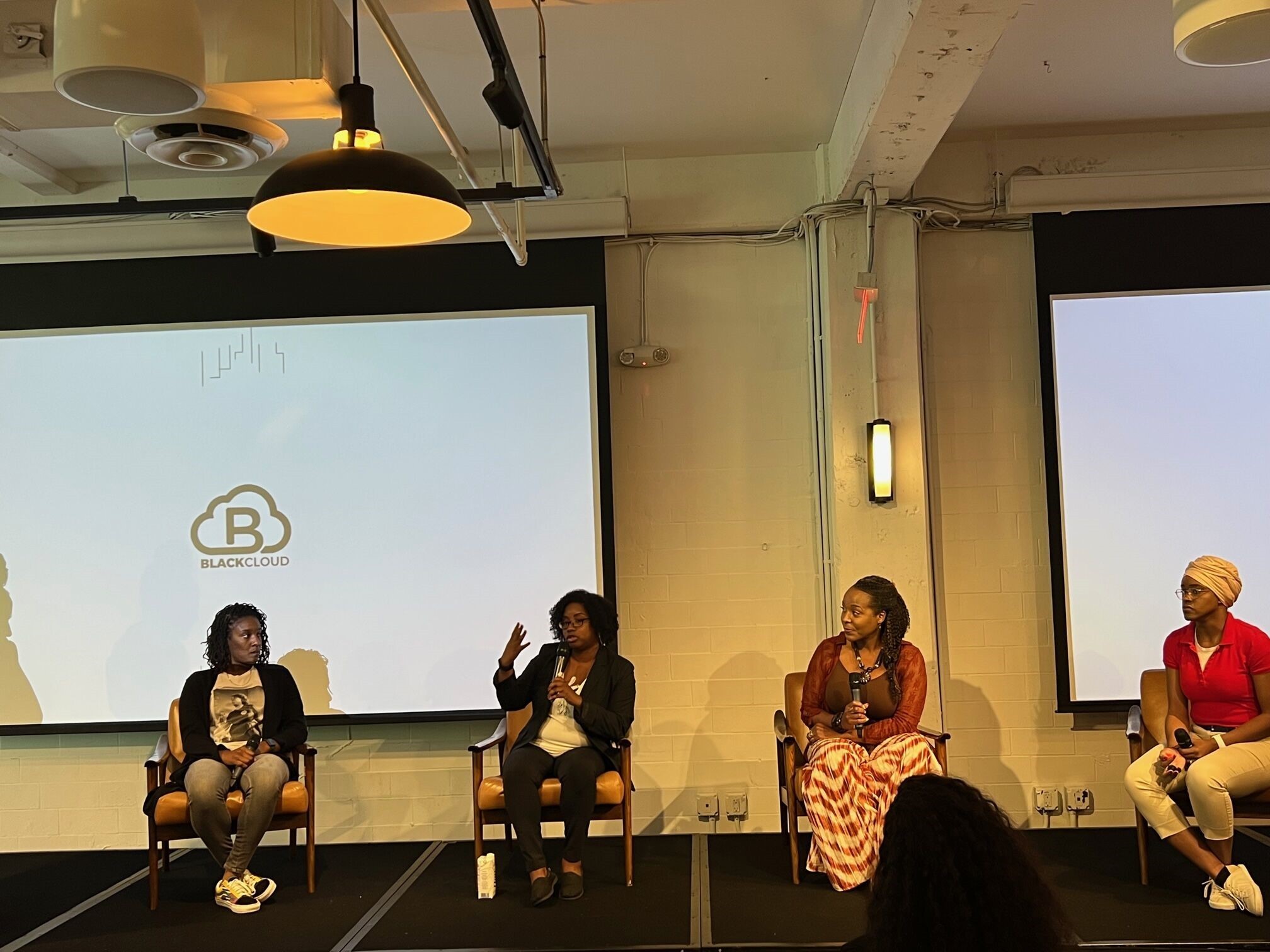We caught up with the brilliant and insightful Eboni Thamavong a few weeks ago and have shared our conversation below.
Eboni, thanks for taking the time to share your stories with us today So, let’s start with a hypothetical – what would you change about the educational system?
Critical thinking is hands down the most important skill that the education system can emphasize. In a world of Chat GPT and the insane amount of content, it is super important to be able to discern, synthesize and critique information that you are exposed to.
Growing up, (and I am a Xennial) we had the best of both worlds, analog and digital. We still learned to research in libraries while developing along side the internet. Now for a generation of children that are completely digital, they have to be able to use that information to argue their perspective, do data analysis, and interpret results.
The key area I have seen this lack of focus on critical thinking has been during the interview (mock or otherwise) process where students are unable to articulate anything but rote facts. Asking them questions around their opinions often results in stumbling, fumbling and looking at the ground. They want to know exactly what is going to happen next. We all know that isn’t life and one needs to be prepared for the unexpected.


Eboni, love having you share your insights with us. Before we ask you more questions, maybe you can take a moment to introduce yourself to our readers who might have missed our earlier conversations?
I am an amalgamation of many interests that got me to where I am currently. In my day job, I am a security engineering manager at Amazon where I lead a cyber threat intelligence team. In my private time, I coach others and develop business courses for students and other entrepreneurs. While these may seem like two divergent areas, the core is analysis. It takes understanding the entrepreneur’s intentions, understanding the technologies and the vision they are bringing forth. I enjoy the process of piecing together information and making sense of the noise.
I also love the merging of technology and business. More than ever, workers have to be knowledgeable about their field and also the technologies driving or governing their field. In entrepreneurship, this becomes even more critical because you are competing with others that may have better automation (leading to faster delivery of their product or services) better web presence or better advertising. By understanding both sides, I can help others figure out methodologies that can help them launch, revamp, or sustain their business.


Any advice for managing a team?
Learn to People. This is what I say to any manager or management team that wants to recruit, maintain, or elevate their directs. What this means is that you have to invest in your directs as people first. Get to know them and what they care about, their interests or anything else that is reasonable to know. This gives you an insight into how they process their world and their expectations right or wrong about the job. In my 1:1 with my team which I do weekly, I keep track of their kids names, pets, life events as well as their career ambitions and goals. Why do I do this? Because I need to know who I am working with.
This comes from my professional upbringing in the military environment where our personal lives and professional lives often bled into each other. It is a high pressure environment where you needed to 100% trust the people you were working with.
Also as managers, not speaking down to your directs but presenting as authoritative yet vulnerable helps to keep everyone comfortable and knowing that although you are in charge, you as a leader are approachable and human. If your directs know they can come to you in times of challenge, they will absolutely come to you in times of triumph.
Naturally, you learn as much as the other person is willing to share. However, I believe that it is important for people to break down those artificial barriers, trust you as a leader and you can get them to move in the direction necessary for success.
Can you tell us about a time you’ve had to pivot?
I worked in the intelligence community which is a mixture of military and civilians who are serving the US government in essentially a pressure cooker. There is very little room for failure and we were judged on our accuracy. Even though I loved the work and the mission, working 18 hour days 5-6 days a week, I was completely and utterly burned out. I knew I needed a change but since the work is so highly specialized it was hard to imagine a life outside of it.
I took a chance following a boss to a small consultancy that still served the intelligence community. Though I had left government service, I realized that the change needed to be bigger for me to figure out what was next. I enrolled in an Executive MBA program at Robert H. Smith, University of Maryland. This pivot changed my life. For the first time I was exposed to Corporate America, learning the language of business. It was a major shock for me once I got there. I realized I had no idea or exposure to anything they were talking about. I felt very inadequate and insecure for most of my program. However, I was able to start working at a cyber security consultant in Booz Allen’s commercial practice where I could start putting these new skills to use.
I found myself over time understanding a lot of business concepts and how they co-existed with the field that I was in. Also during this time, I started my own business building a technology that aided in business planning. I started to see myself as more than an intelligence analyst but that I could also use those skills to help others build their business.
Now, I am a security engineering manager at Amazon. I have to speak both the languages of business and of tech daily. I am also working to build out a “how to build a business” course with a local non-profit that we believe is going to help bring this knowledge to those who need a helping hand.


